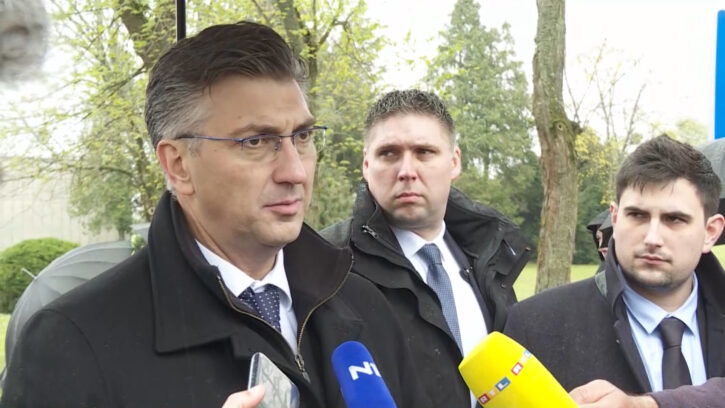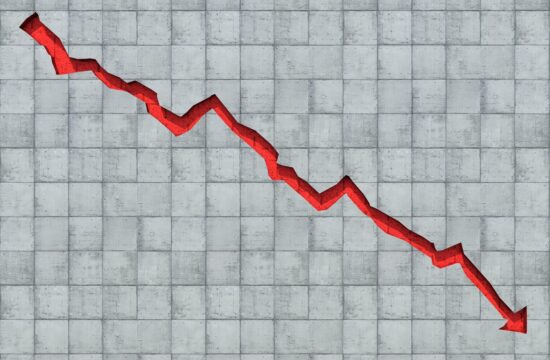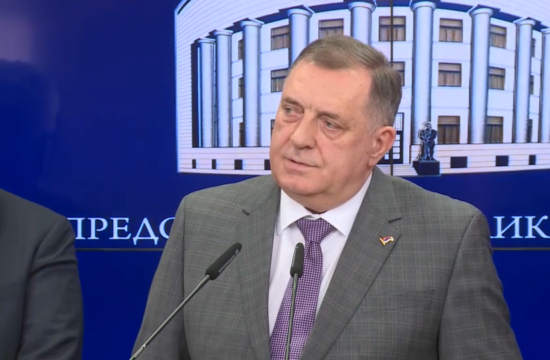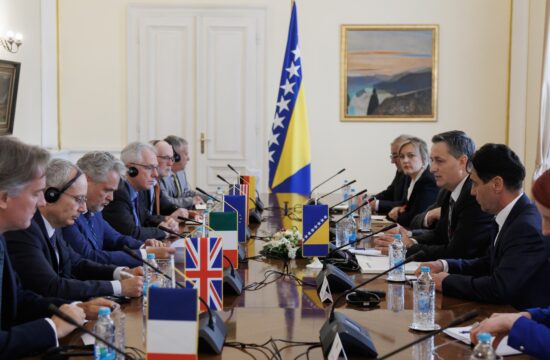
The official state commemoration for the victims of the WWII Ustasha-run Jasenovac concentration camp was held at the Jasenovac Memorial Site on Sunday under the auspices of the Croatian parliament, with the families of the victims and top state officials attending.
Wreaths and flowers were laid at the Stone Flower monument by victims’ families and representatives of the state authorities, numerous embassies, counties, towns and municipalities as well as institutions and associations.
The commemoration was attended by Parliament Speaker Gordan Jandrokovic, Prime Minister Andrej Plenkovic, several ministers, Zagreb mayor Milan Bandic, and Roma MP Veljko Kajtazi, who also attended a commemoration on Friday, organised by associations of ethnic minorities and antifascists in memory of the breakout of Jasenovac inmates.
There were no speeches by officials and politicians at this year's official commemoration. Instead, actors interpreted testimonies of inmates Helena Pachl Mandic and Erwin Miller.
Speaking to the press, the prime minister said, “We came to pay our respects to the victims of the Ustasha-run camp Jasenovac, to all the inmates, to those who, 74 years ago in April, broke out, when, unfortunately, many were killed.”
“We are here once again to condemn the crime and the regime under which such camps existed, and to say that today we must work on inclusion in society, on reducing divisions, on tolerance and dialogue, on nurturing the culture of remembrance and on the education of young people about important moments in Croatian history, notably from World War Two,” Plenkovic said.
Therefore I'm glad that we have created a new history curriculum which has been received well by everyone, experts as well as politicians, he added.
He regretted that today's commemoration was not a joint one and recalled that its date was set mainly by the Jasenovac Memorial Site Council, which includes members of ethnic minorities.
“I'm not glad there are two commemorations, but we are talking, and I believe these talks will bear fruit next year,” Plenkovic said, reiterating that it would be healthy and good for society and the emancipation of these topics in present-day Croatia.
“I don't see this as a topic with two sides,” he said when asked about the commemoration held on Friday. “I think the circumstances are markedly different since the moment representatives of Jews, Serbs, Roma and antifascist associations decided to hold a separate commemoration.”
Regarding the government's policy, he said: “our common wish is to commemorate these events appropriately, with much respect for the victims and with the wish to work, only through dialogue, talks and the culture of remembrance, on preventing something like this from happening again.”




